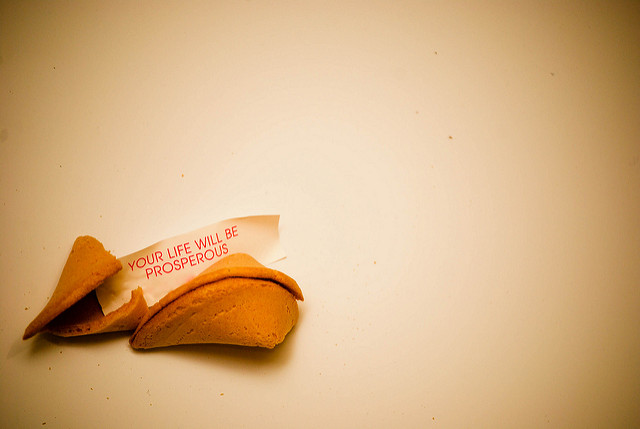
Desire is an occupying force in our lives.
And even larger than this is the ever-present and constantly aggregating equation of manifestation, otherwise known as “Why are we here and what are we doing?” The simple answer is no one actually knows and everyone knows.
Nothing matters.
Everything matters.
I had the awareness come up the other day that when you couple ancestry (the genetic lineage from whence your body was created) and reincarnation (the notion your single soul has lived many lives), the lines of segregation blur to the degree that, in some ways, we are all related to each other. Bob Marley referred to it as “One Love.”
This concept, more than anything, transforms a manifestation novice into a manifestation expert. As Rumi said, Your task is not to seek for love, but merely to seek and find all the barriers within yourself that you have built against it.
Generally, the initial reaction to this quote is, “Oh no, barriers are bad.” In other words, judgement is often the barrier. But, judgement is not bad or good. It is situational. It is conditional. And the real mind-f*ck is that we create the conditions.
The me inside of you that fuses us together in an ever unfolding mystery entwines each of us into an infinite dance. Basically, we are all in this together. Right now, no matter if you are single or married, you house the seeds of being the perfect lover inside of you. What would it take for those seeds to flourish? What divine design is at play? What barriers to love have been constructed so that you can savor the fullness of the ripening?
The entrance to the gate of relationship often comes in its defining. Are we this? Aren’t we this? What is the play book? What are the rules? How is construing being enough or too much playing into our collective love blindness? The consistent answer is “Who we be is equally important as who are we.” Simply, we are already us colliding together at various points in time.
Our minds do the work to keep our bodies safe. But, our hearts already recognize each other.
In even simpler terms, the romantic relationship you desire already lives inside of you.
This is the second but no more important or less important aspect of understanding manifestation: You already have everything you need to thrive inside of you, and life is the catalyst that formulates the articulation of your expansive or contracted expressions. Fundamentally, the you that does the choosing is creating your world.
This is where sh*t gets really fun, because if we can do, be and have anything, we already have everything, which in some ways is boring. So, humans create drama—which at its basis simply means to take action. It has been said that the words a man speaks tells you who he wants to be, but the action a man takes tells you who he is.
The most dramatic place that we take action from is the belief that if we can “have something” it will “make” us happier. The anticipation of having builds to the climax and exactly like an orgasm, after the explosive release, a small death ensues. So we die and are reborn through our lives’ dramas—neither created nor destroyed.
So why do some people “have” more than others? Why do class structures exist? If nothing matters why create anything? The answer is because life is creating us. We are awakening to ourselves.
Life doesn’t happen without choosing. The health of romantic and platonic relationships is predicated on our ability to openly communicate and navigate disparaging points of view. You can never outlive the ever-unfolding mystery. And the essence of freedom is forever coupled with the part of us that knows who to ask for help and when.
Come together. Right now. Over me.
In our collective bondage, we can set each other free.
On a fundamental level, a baby is no different than an old man. They are both carbon-based life forms. But an old man has been carved by life, lived next to death, and left an indelible moniker on generations to come.
This is the essence of freedom: We are the continuation of each other.
Author: Rebekah McClaskey
Image: Nicole Abalde/Flickr
Editor: Emily Bartran

 Share on bsky
Share on bsky






Read 1 comment and reply